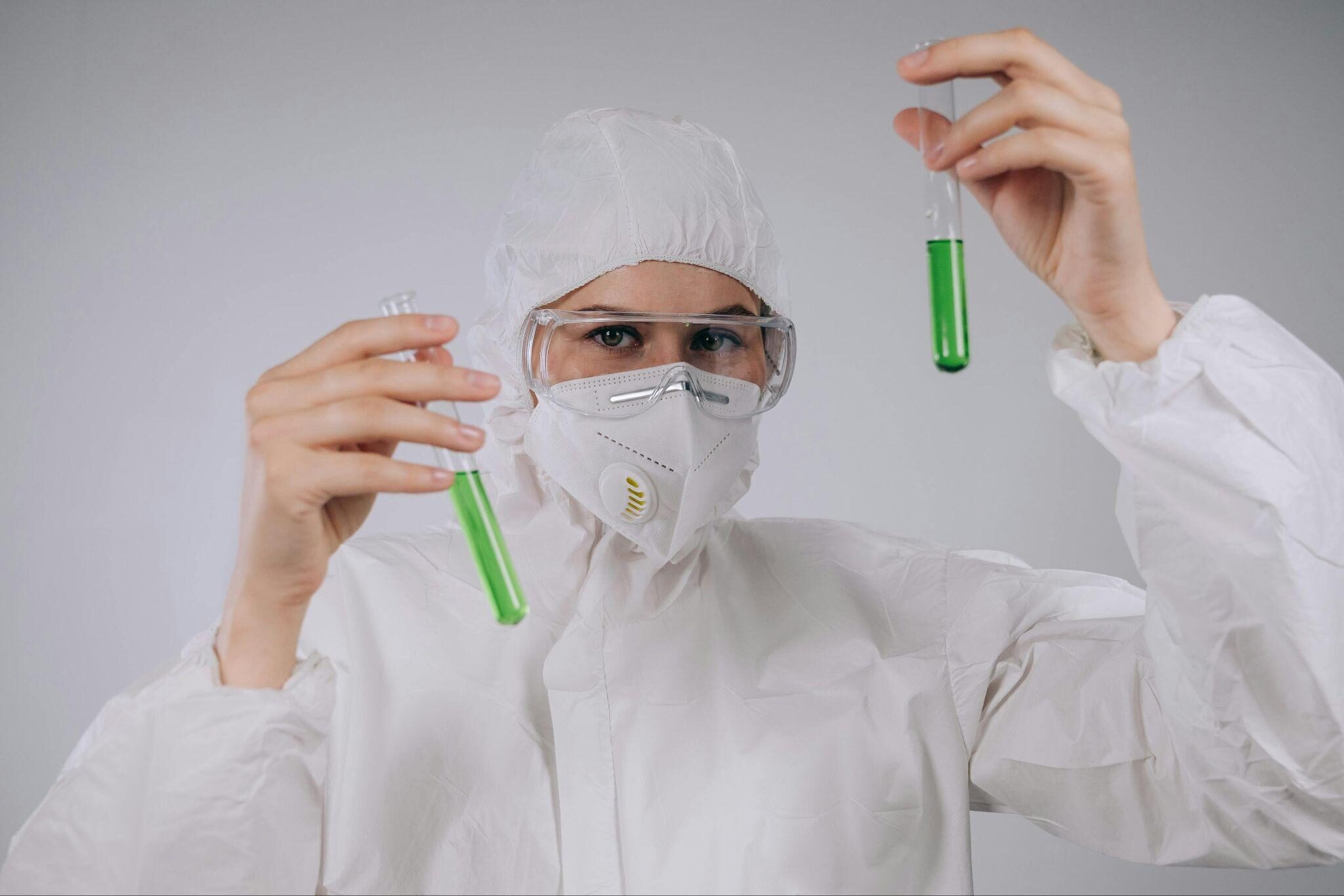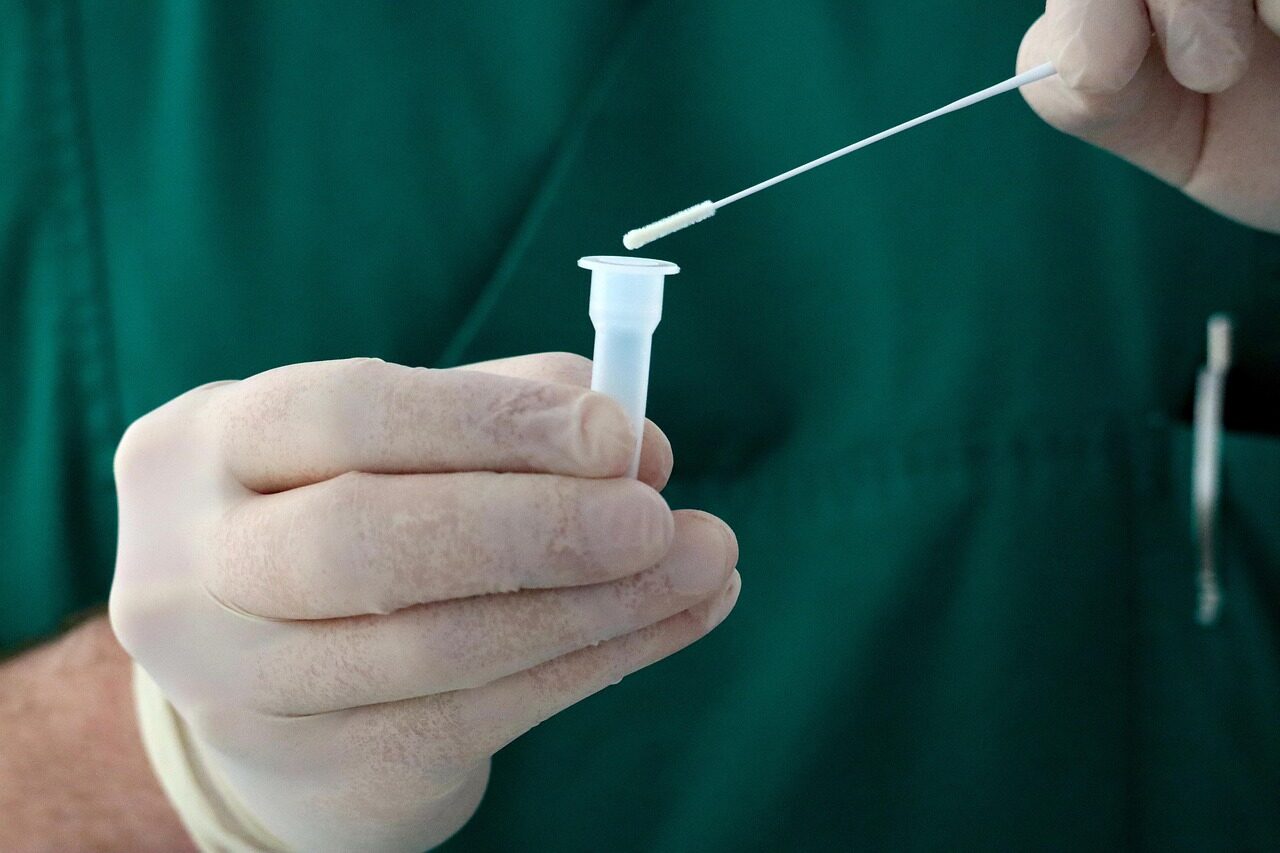As our understanding of health and wellness has grown, so too has the importance of toxicology tests. These tests are crucial for detecting potential harm from chemicals, drugs, and toxins, whether they originate from environmental exposure, medications, or illicit substances. Legitimate medical practices and recreational drug use pose significant health risks, which is why knowing how to navigate toxicology testing is important. The following tips provide practical guidance for anyone seeking to understand and utilize toxicology tests effectively.
Understanding the Basics of Toxicology Testing
Toxicology testing involves various methods to detect the presence of substances that may be harmful to human health. These tests can range from urine screenings to blood analyses and hair follicle examinations. Each method holds unique benefits, and understanding these can streamline the testing process. Awareness of the types of tests available helps patients and healthcare providers make informed decisions.
Urine samples are often used due to their non-invasive nature and ability to detect recent drug use, while hair tests can indicate drug use over a more extended period, providing a broader health history perspective.
Know When to Get Tested
Identifying the right circumstances for toxicology testing is crucial for effective health management. If there are symptoms that could indicate substance exposure or intoxication, such as confusion, dizziness, or unexplained mood changes, timely testing may be warranted. Likewise, those who regularly take multiple medications should consider periodic testing to ensure that their drug interactions are not causing harm. Understanding your circumstances will help you decide when it’s appropriate to seek toxicology testing.
Recognize the Tests Available
Different tests provide various insights depending on individual needs. A common test is the standard 5-panel drug test, which screens for five major drugs, including marijuana and Cocaine.
Depending on the patient’s needs and doctor recommendations, there are more extensive panels available that can assess additional substances. Specialized tests can provide in-depth information regarding specific drugs, determining their presence and measuring their levels within the body. Those curious about the latest advancements might explore services such as Lynk Diagnostics Toxicology Testing, which can often deliver rapid and accurate results. These options ensure that individuals and healthcare providers can choose the most suitable testing method for accurate and reliable results.
Impact of Timing on Results
The timing of a toxicology test can significantly affect its accuracy and relevance. Testing too soon after exposure may yield false negatives, while waiting too long could lead to the substance dissipating from the system altogether. Different substances metabolize at different rates, so understanding these dynamics assists in scheduling your test properly. Coordinating testing with the timing of any exposures enhances the chances of obtaining actionable insights.
Interpreting the Results
Once a toxicology test is conducted, interpreting the results can be both critical and complex. Lab reports typically provide a level of concentration for various drugs and toxins, which can indicate recent use, chronic exposure, or even contamination. Healthcare professionals are equipped to explain results effectively and can guide patients on how to approach their findings. Some false positives can occur. A second confirmatory test may be needed for accuracy, highlighting the importance of discussing results in detail with a knowledgeable provider.
Follow-Up Actions
A positive toxicology test does not necessarily indicate the need for immediate panic. Instead, it serves as a starting point for further exploration and consultation with healthcare providers. Follow-up actions may involve retesting, monitoring between tests, and addressing any underlying health issues. The approach to a positive result should be methodical, focusing on identified risks and comprehensive strategies to mitigate those risks. Education regarding the substances involved is fundamental to crafting an effective action plan moving forward.
The Role of Technology in Toxicology Testing
The rise of technology has revolutionized toxicology testing, introducing innovative techniques and faster testing processes. Laboratories employ high-tech systems that enable quicker turnaround times, allowing for immediate patient care and improved health outcomes.
Technology has advanced the accuracy of results, minimizing errors often associated with traditional methods. Many services now incorporate telehealth capabilities, allowing patients to get consultations from the comfort of their homes and receive timely advice on their results. These advances make it easier than ever to access quality toxicology testing services.
Navigating the world of toxicology testing is crucial in a health-conscious society. With a solid understanding of the different tests available, when to seek testing, and how to interpret the results, individuals can better manage their health. Ensuring access to resources, like the innovative services offered through Lynk Diagnostics, can empower informed decisions about personal and public health protective measures. Engaging with healthcare professionals throughout the entire testing process is key to effectively addressing potential toxic exposures and promoting a healthier future.





























